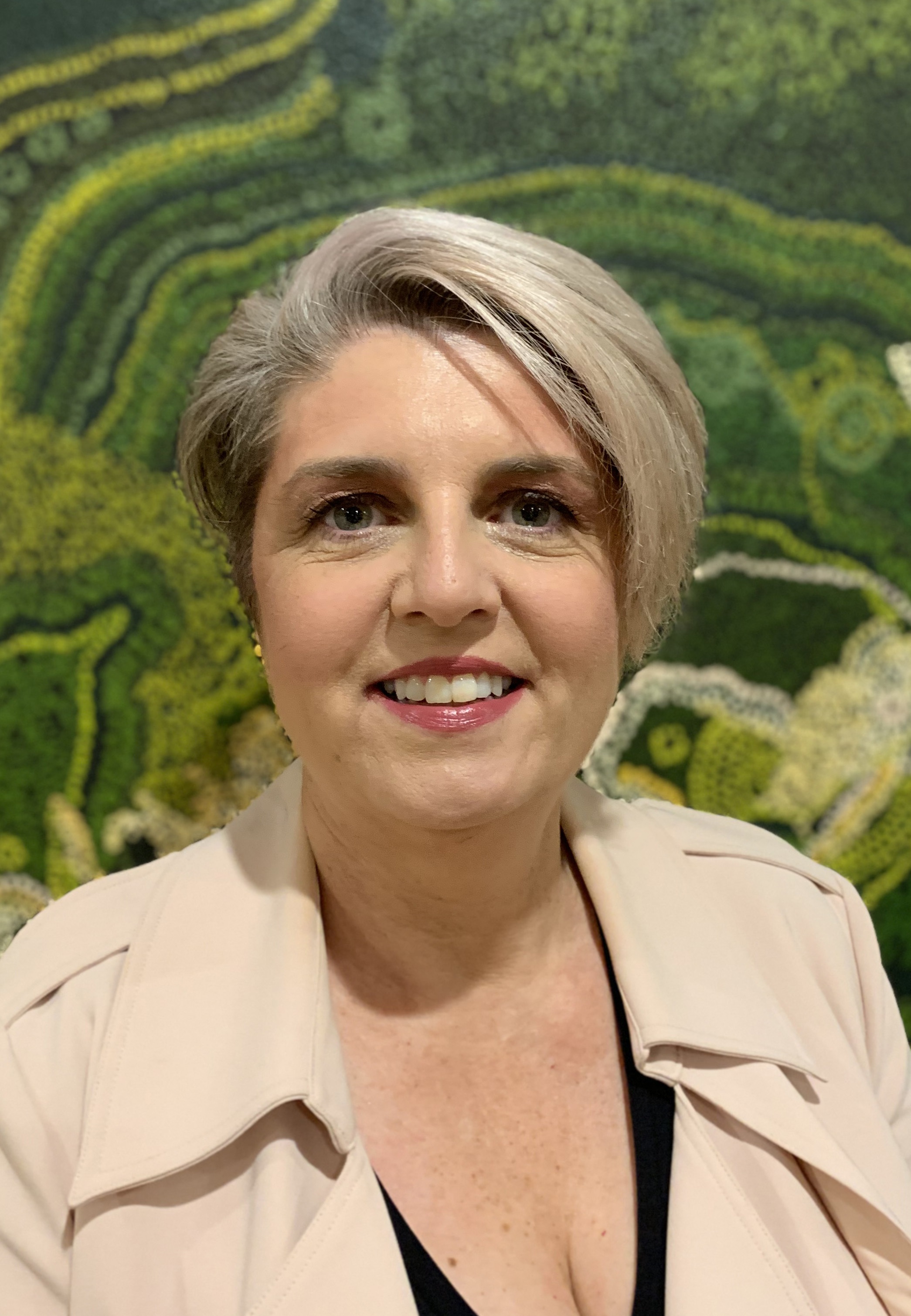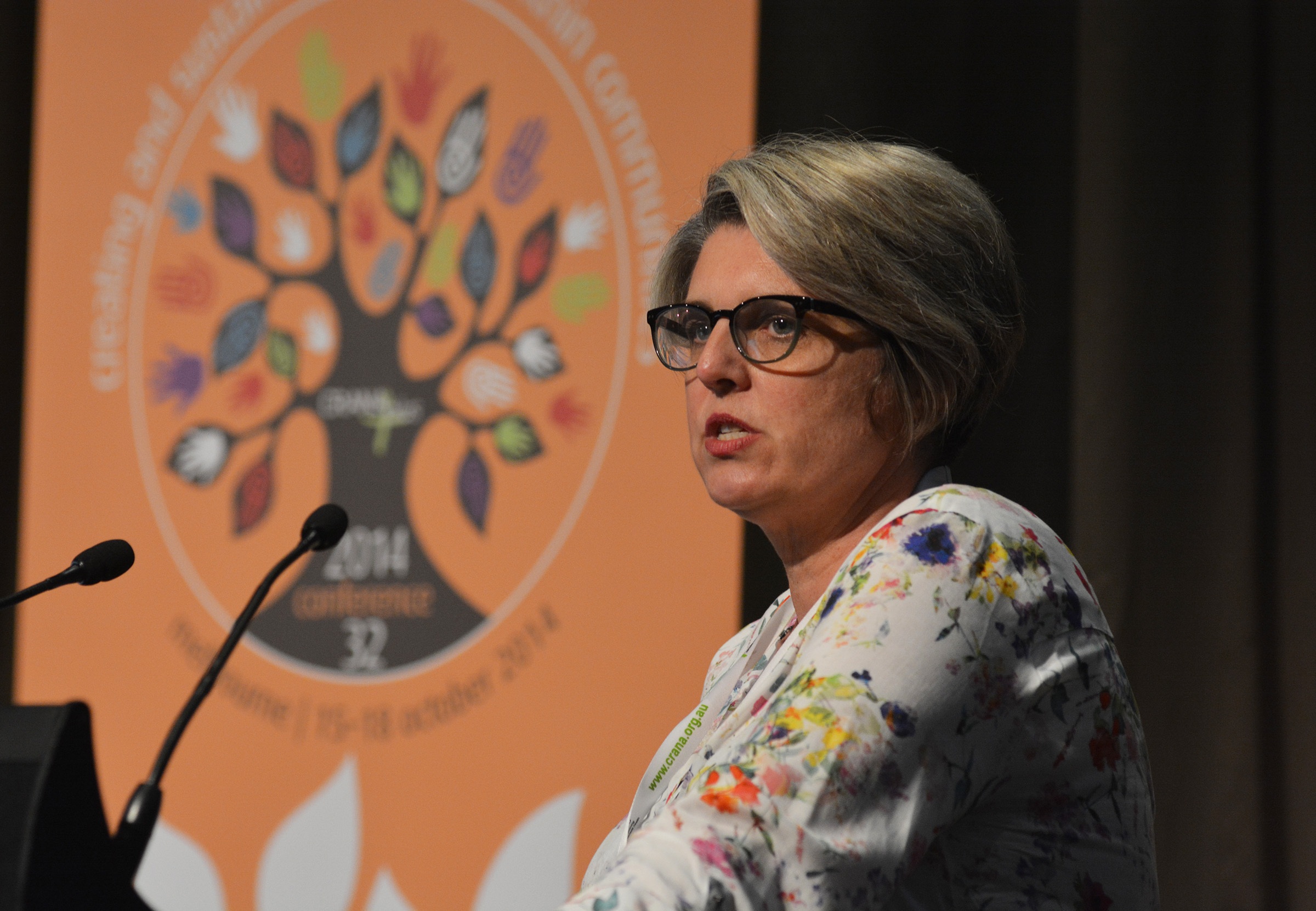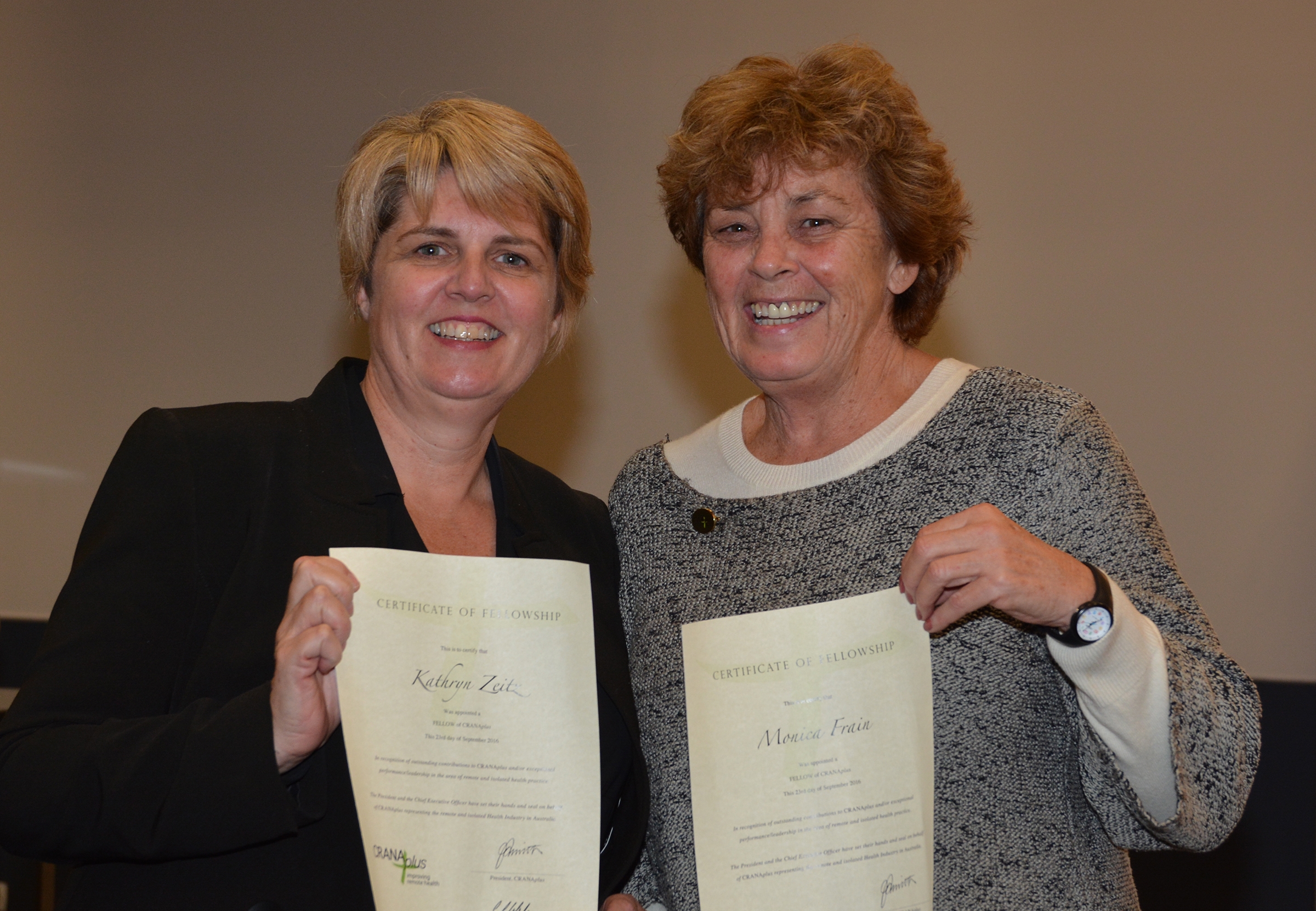This site may not work properly using older versions of Edge and Internet Explorer. You should upgrade your browser to the latest Chrome, Firefox, Edge, Safari, or any other modern browser of your choice. Click here for more information.
Your Stories
This is where we tell your stories, cover topical issues and promote meaningful initiatives.
Fellow in Focus: Kathryn Zeitz
Kathryn Zeitz, an avid sponsor of the CRANAplus scholarship program to fund remote placements for health students, has fond memories of discovering the existence of our organisation back in 1998.

A former Board Member of CRANAplus in a time of significant change and a Fellow of CRANAplus since 2016, Kathryn has maintained a strong connection with the organisation over the years.
“Even though I have no remote background in a traditional sense, I am fully committed to the work of CRANAplus,” she says, “and will always be a strong advocate for the organisation.”
Kathryn commenced her nursing career at Flinders Medical Centre predominately as a Registered Nurse in Accident and Emergency. Because of her background in emergency care and as a volunteer ambulance officer, Kathryn applied for a role in 1998 to help develop a Remote Emergency Care (REC) educational program for CRANAplus.
“It was the first program specifically for the remote setting. There was nothing like it at all in those days,” says Kathryn.
“I hadn’t heard of CRANAplus until that moment. What struck me most was that nurses in remote settings were working at the top of their licence, doing procedures that nurses in other settings are still not allowed to do. I was and still am so impressed.
“We were doing some very advanced skills in those programs, skills such as infusions for babies, chest drain insertions and intubations.
“To this day, you won’t find city nurses doing these procedures, but we had to have them in the curriculum because this range of skills in remote settings is life-saving. If they’re not done, if no-one is available because of distances, people die.”

Kathryn speaking at the CRANAplus Conference in 2014
Kathryn ran the first four pilot REC programs – in Broome, Port Augusta, FNQ and Alice Springs – and has since been a facilitator of courses across the country.
Again, in 2002, she reviewed the Remote Emergency Care program, and is proud the courses being provided by CRANAplus “still [feature] elements we set up in the very early days.”
Kathryn, who completed her PhD thesis in clinical nursing at the University of Adelaide in February 2003, joined the Board in 2011 and served for six years during a period of significant organisational growth.
“It had been a very small organisation when we ran the first courses,” she says.
“When I joined the Board, it had grown, and it grew even more in every area: the services provided to members, the funding opportunities they have established, and the support now provided to the rural and remote sector in general.”

Kathryn and Monica Frain being inducted as CRANAplus Fellows
During her time on the Board, Zeitz Enterprises, a business run by Kathryn and her cardiologist husband who does a lot of rural and outreach work, began sponsoring remote placements for health students through the CRANAplus program.
“We both see a huge benefit from encouraging students to do clinical placements in rural and remote settings, for many reasons,” Kathryn says.
“While the placements are important for the students’ education and experience and help to attract people to work in rural and remote settings, I believe the placements also play a significant role in advocacy.
“Even if the students don’t go on to work in these rural and remote settings, the experience makes them much more compassionate and understanding when they get that phone call from a remote practitioner, because they are aware of the work the health workers do out there and the limitations they work under.”
With a diverse career in acute hospital operational management, Kathryn has been Executive Director Clinical Governance at Central Adelaide Local Health Network for three years. She is both an Adjunct Associate Professor with Flinders University and Clinical Associate Professor for The University of Adelaide and has been a member of St John Ambulance Australia, in a voluntary capacity, for 30 years, most recently joining their Australian Board.
Work with a RAN or midwife who deserves to be recognised for their contribution to improving remote and isolated health care? Nominate them, or yourself, for CRANAplus Fellowship.